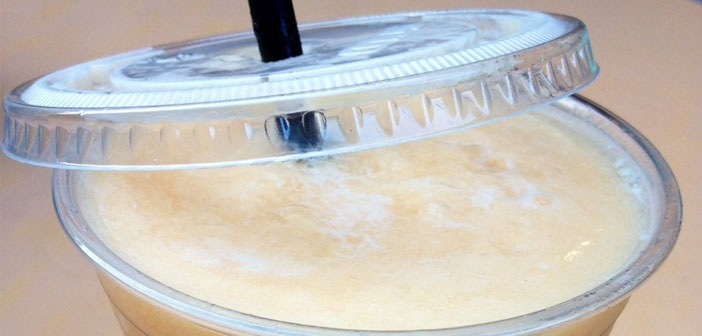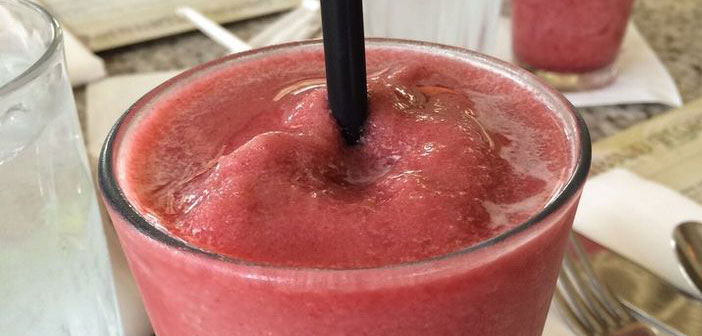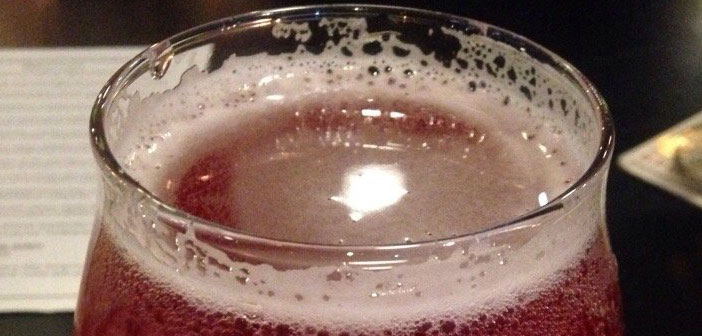How Much Caffeine Is in Decaf Coffee?
To put this into perspective, a regular cup of coffee typically contains around 95-200 mg of caffeine, while a cup of decaffeinated coffee may contain only 2-12 mg of caffeine. Decaf coffee is considered safe for most people, including pregnant and breastfeeding women, as well as individuals who are sensitive to caffeine.
Here are some additional factors that can influence the caffeine content of decaffeinated coffee:
Decaffeination method: There are different methods used to remove caffeine from coffee beans, including water processing, solvent extraction, and carbon dioxide extraction. The chosen method can affect the final caffeine content of the decaffeinated coffee.
Coffee type: The caffeine content may vary depending on the type of coffee beans used, such as Arabica or Robusta. Robusta beans generally contain more caffeine than Arabica beans.
Brewing method: The brewing method, such as drip brewing, pour-over, or espresso, can also have a slight impact on the caffeine content of the final coffee beverage.
It's worth mentioning that even though decaffeinated coffee contains less caffeine than regular coffee, it may still have a small amount of caffeine that could potentially affect individuals who are extremely sensitive to caffeine. If you have specific caffeine-related health concerns, it's always a good idea to consult a healthcare professional for personalized guidance.



